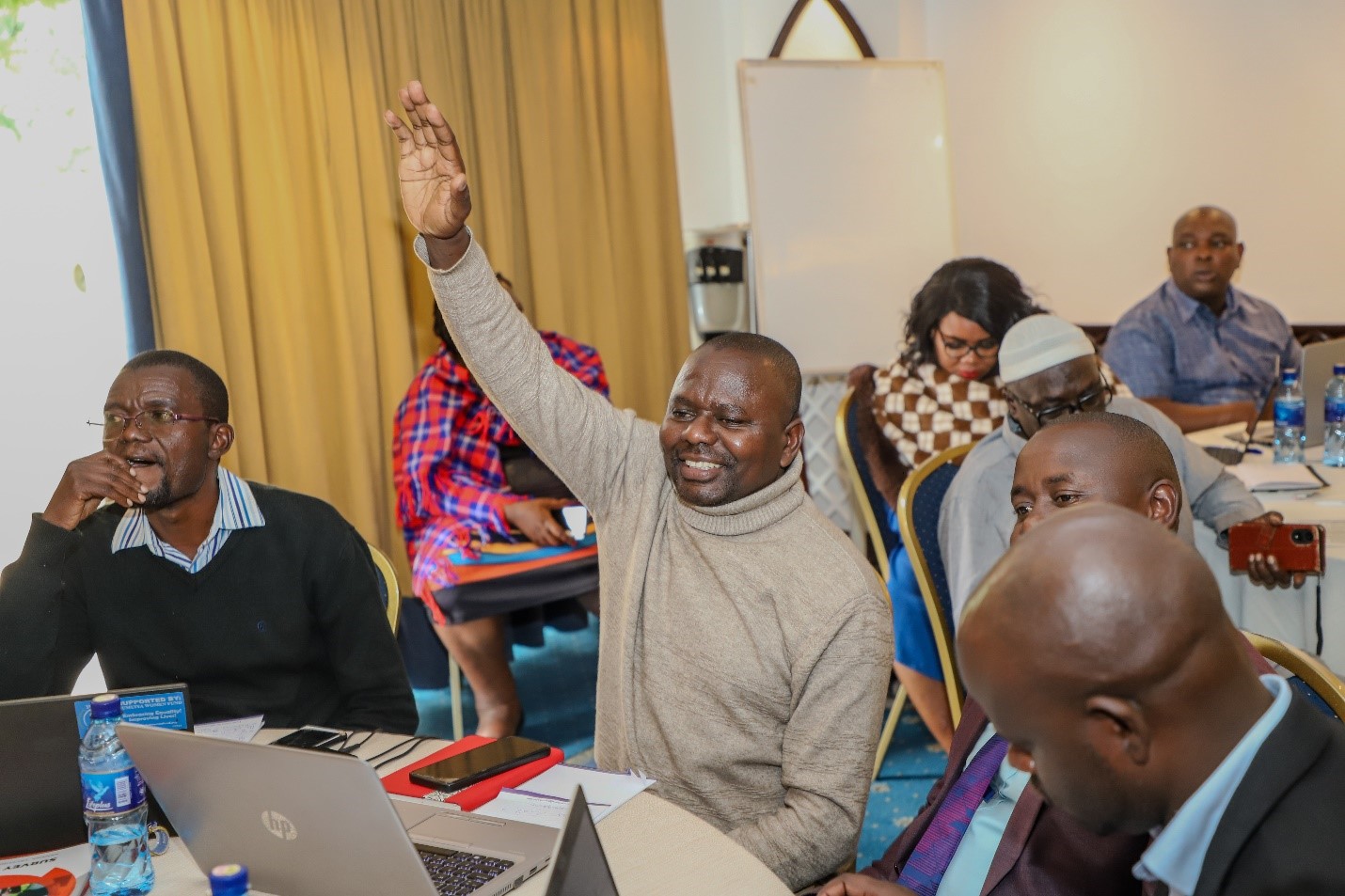KEY TAKEAWAYS FROM THE KDCWG NATIONAL ASSEMBLY
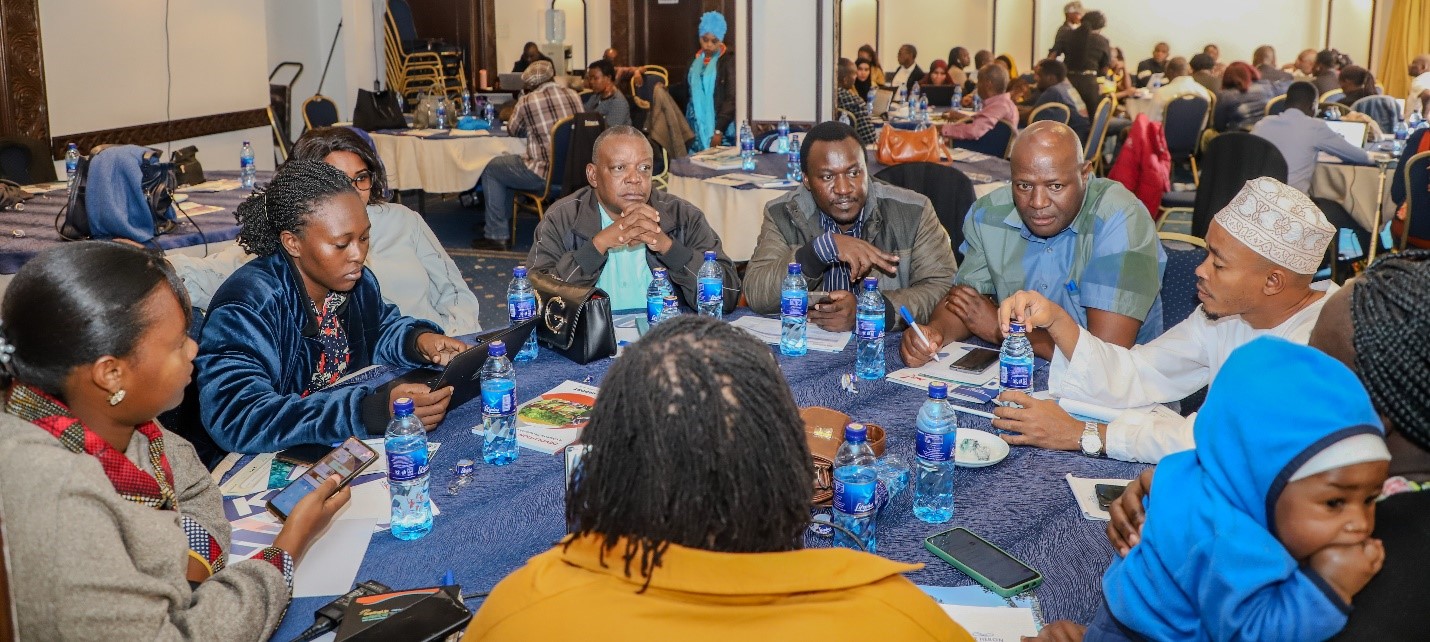
The Kenya Devolution Programme (KDP) – Timiza Ugatuzi, funded by the UK Government, recently supported the Kenya Devolution Civil Society Organizations Working Group (KDCWG) National Assembly—a crucial forum for assessing the progress of devolution in Kenya. The Assembly brought together civil society organizations (CSOs), development partners, government officials, governance experts, and policymakers to reflect on the implementation of devolution over the past decade, identify persistent challenges, and strategize for a more accountable and inclusive governance system.
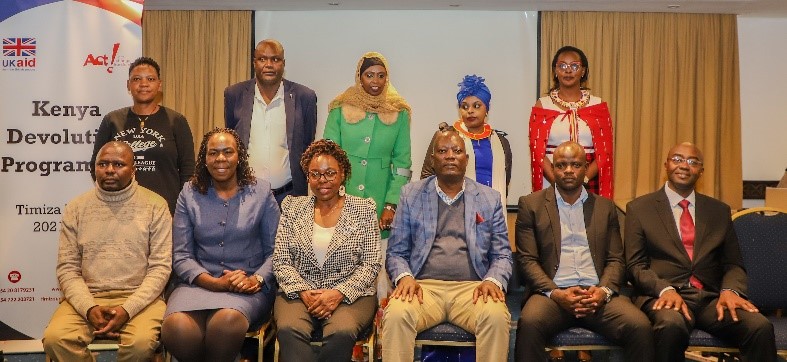
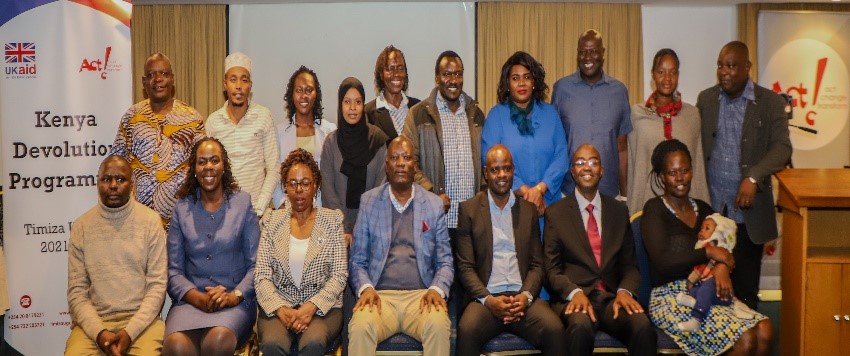

The Assembly provided a platform for key stakeholders to:
✅ Evaluate the implementation of devolution and the obstacles hindering effective decentralized governance.
✅ Strengthen accountability mechanisms and enhance citizen engagement in public finance management.
✅ Boost CSO participation in intergovernmental relations to ensure inclusive decision-making.
✅ Develop and adopt a public statement addressing urgent devolution issues and proposing policy interventions.
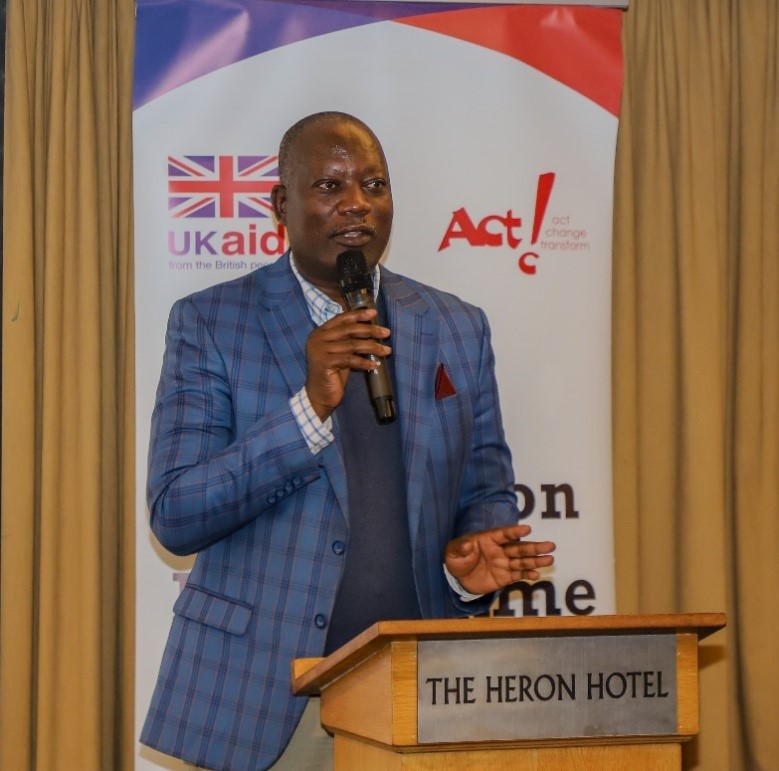
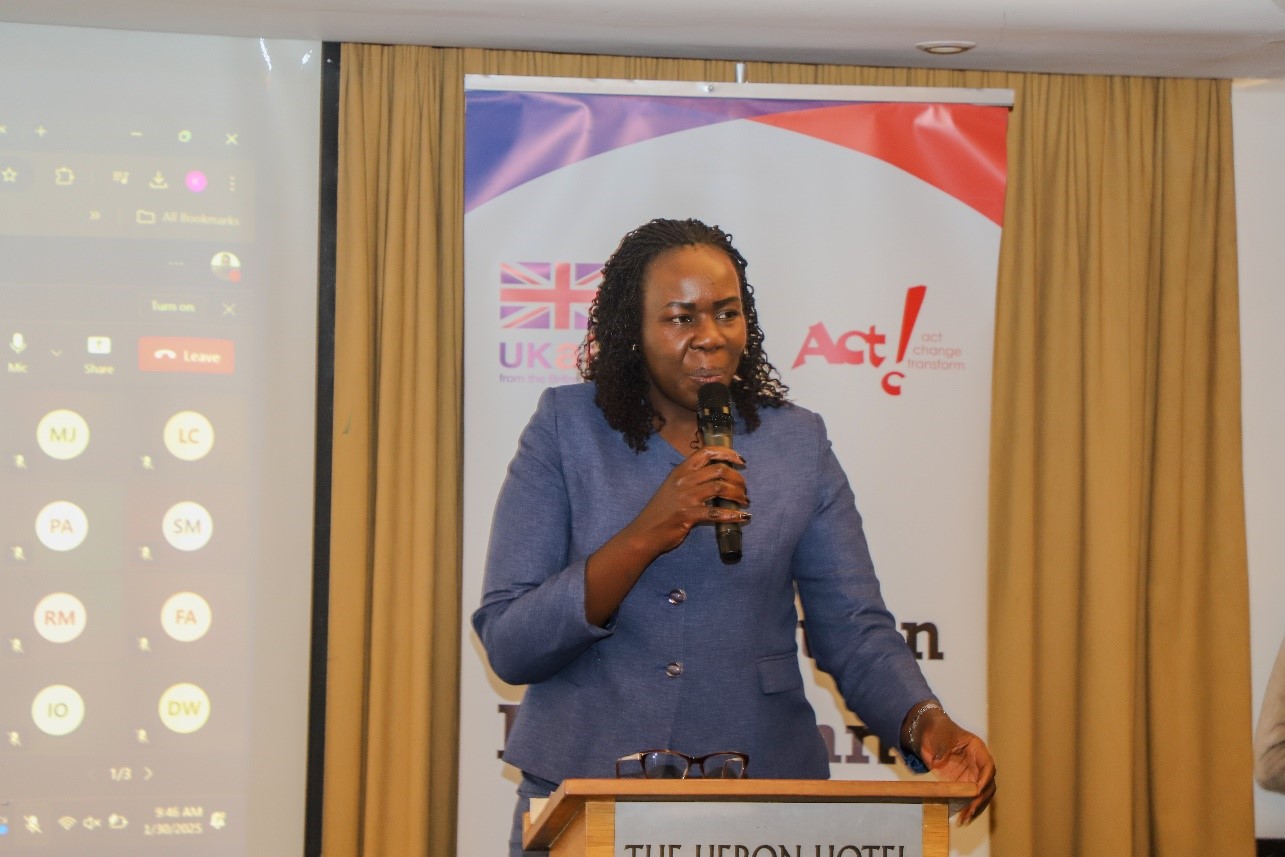
The event featured FCPA Dr. Margaret Nyakang’o, CBS, the Controller of Budget, who delivered a keynote address emphasizing the critical role of CSO-Government collaboration in strengthening financial accountability. Experts on intergovernmental relations and public finance management delved into constitutional and legal frameworks governing devolution, shedding light on the opportunities and constraints in financing devolved governance.
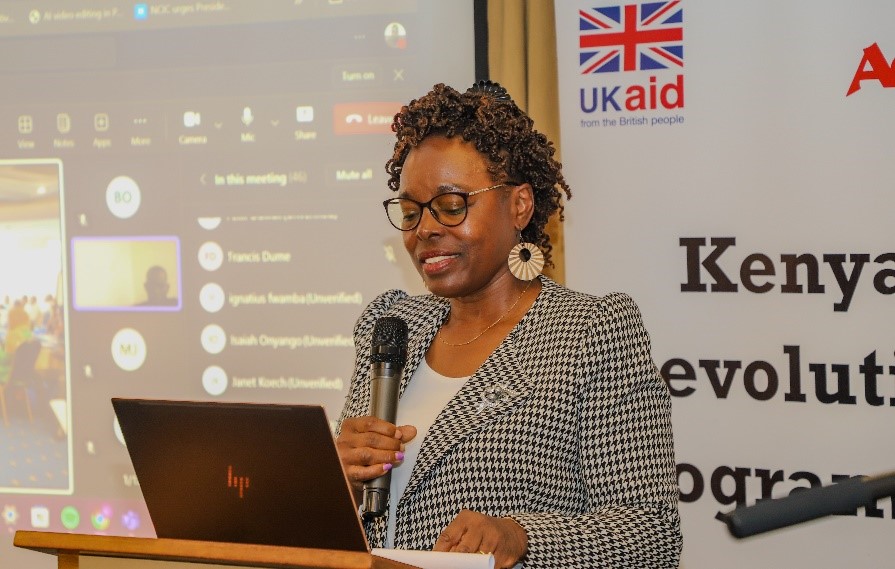
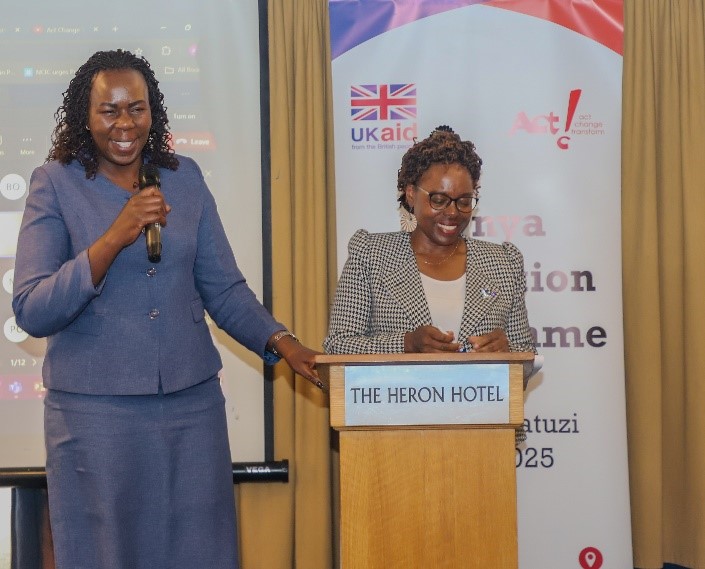
Participants also examined critical devolution challenges, including:
- Corruption and weak governance structures.
- Limited budget transparency and misallocation of resources.
- Gaps in revenue mobilization and public financial accountability.
- Inadequate investment in civic education and citizen participation.
Lack of strong political commitment to inclusive governance.
These discussions reinforced the urgency of stronger partnerships, policy alignment, and effective governance to advance the devolution agenda.
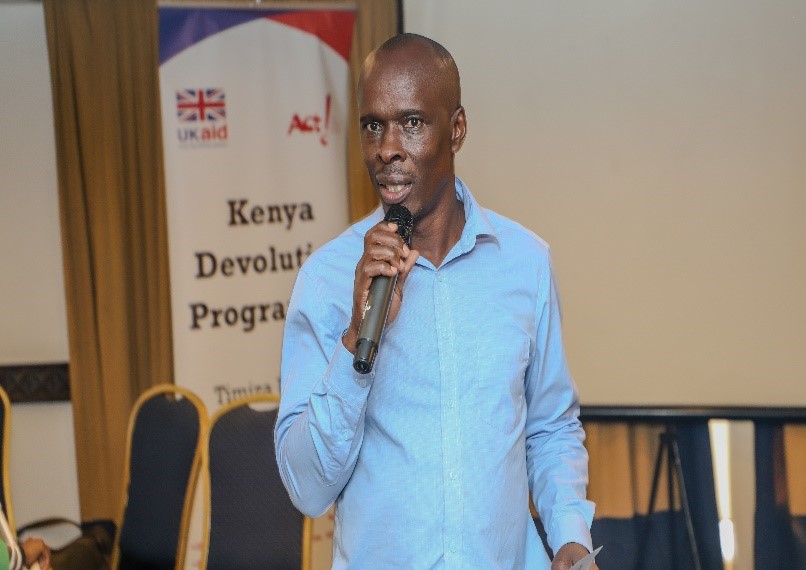
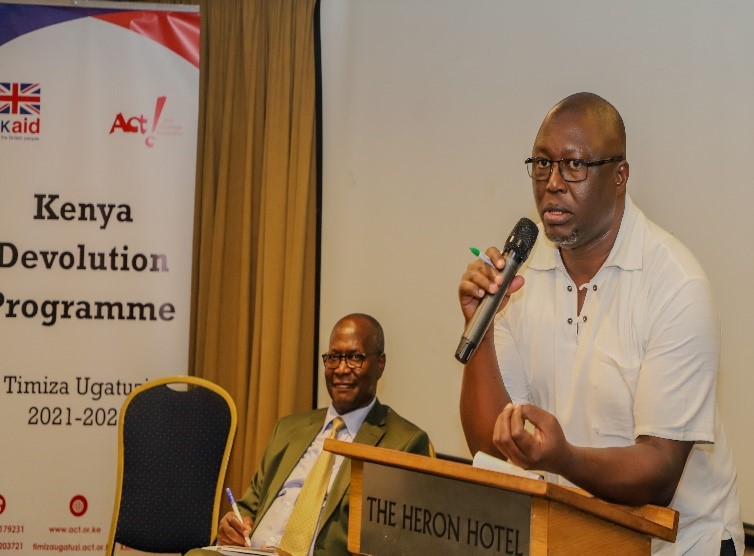
One of the Assembly’s most significant achievements was the formulation of a strategic roadmap to guide CSOs in advocating for effective devolution and inclusive development. Key resolutions included:
✅ Adoption of the KDCWG Work Plan for 2025, prioritizing county, regional, and national advocacy efforts.
✅ Strengthening of CSO engagement in intergovernmental relations to promote policy coherence.
✅ Election of the first substantive KDCWG Steering Committee to lead devolution policy and advocacy initiatives.
✅ Reflection on KDCWG’s past achievements and renewed commitment to capacity building and policy alignment, reaffirmed by the State Department for Devolution.
✅ A collective pledge to sustain partnerships, advance legislative advocacy, and enhance citizen engagement to ensure a more inclusive and responsive governance framework.
The National Assembly underscored that devolution thrives through collaboration—when government, civil society, and development partners work together to drive policy coherence and deliver services more effectively. The resolutions from this forum will play a pivotal role in shaping a more accountable, transparent, and inclusive devolution process as Kenya moves forward in its governance journey
